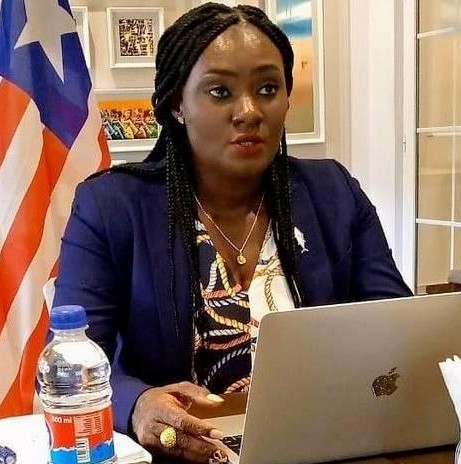The National Aquaculture and Fisheries Authority (NaFAA) of Liberia is currently facing significant challenges in revenue generation, primarily due to double taxation imposed by the Liberia Revenue Authority and NaFAA itself. Emma Metieh Glassco, the Director General of NaFAA, highlighted these issues during a live radio interview on December 2, 2024. The practice of imposing multiple taxes has led to a dramatic reduction in revenue from the fishing sector, which has seen many foreign fishing vessels retreating from Liberian waters. Glassco described NaFAA as a vital business component of the Liberian government, emphasizing that like any business, it experiences fluctuations that are influenced by external factors and internal regulations.
A significant factor contributing to the revenue decline in the fisheries sector is the non-compliance from artisanal fishermen and an overall lack of adherence to regulations governing Liberian fisheries. Glassco pointed out the adverse effects of certain regulatory frameworks, which have been deterrents for foreign vessels, exemplified by the exit of 33 European Union fishing vessels from the country’s waters. This exodus has coincided with a general decrease in interest for vessel registration with NaFAA, highlighting the detrimental impact of these challenges on the fishing economy.
Among the highlighted issues is the expired Special Sector Policy Supply (SSPS) agreement and the excessive financial burdens placed on foreign vessels through double taxation. Glassco specifically mentioned a case where a flagged vessel was subjected to a US$2 million charge from the Liberia Revenue Authority, compounded by additional fees from NaFAA. The high export fees for aquatic products further exacerbate the situation. Despite a resolution from the NaFAA Board to reduce export fees by 50% in adherence to existing laws, the persistent issue of double taxation continues to discourage foreign participants in Liberia’s fishing sector.
Tuna fish is the primary revenue source for Liberia’s aquatic industry, yet the country has only managed to register between 16 and 20 out of 77 fishing vessels as of 2024. This discrepancy creates significant revenue shortfalls for the nation, even though tuna has a strong global market demand. Glassco expressed concern over the low entry of vessels in Liberian waters, which she attributed to the difficulties faced by fishing companies, including both double taxation and regulatory enforcement measures.
While acknowledging these challenges, Glassco also mentioned ongoing negotiations with vessel agents and the Liberian Coast Guard. The aim of these discussions is to address the concerns raised by companies operating in the sector and to implement strategies that would not only stabilize but also enhance revenue generation from fisheries. She emphasized the need for NaFAA to create conducive operational conditions and programs to encourage increased participation from local and international fishing operations.
In a broader sense, Glassco’s statements reflect the complexities of managing Liberia’s fisheries sector, indicating that multiple internal and external factors are at play. The authority’s efforts to reform existing tax structures, improve regulatory compliance, and enhance engagement with both local and foreign fishing operations are crucial steps to revitalize an industry that is vital for the country’s economic stability and growth. The challenges posed by double taxation and bureaucratic hurdles need to be urgently addressed to ensure that Liberia can fully benefit from its rich aquatic resources.














